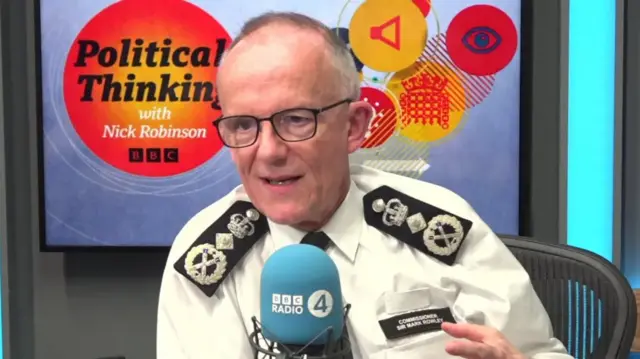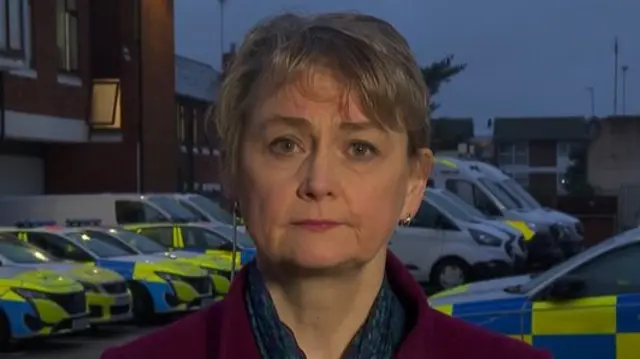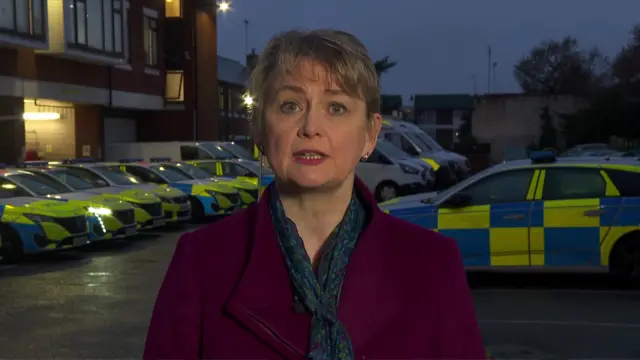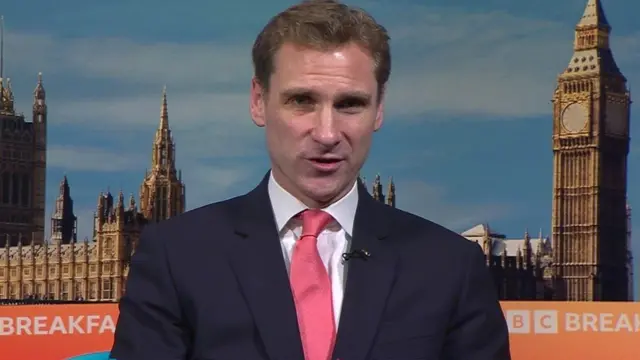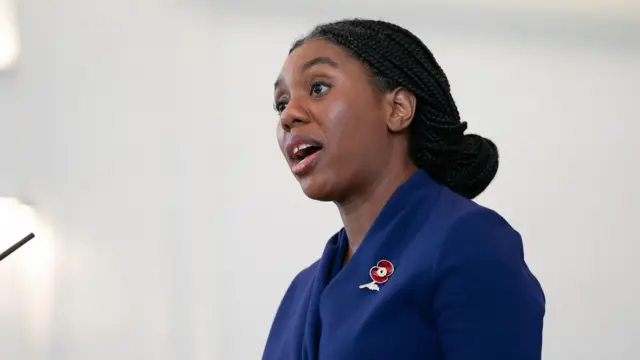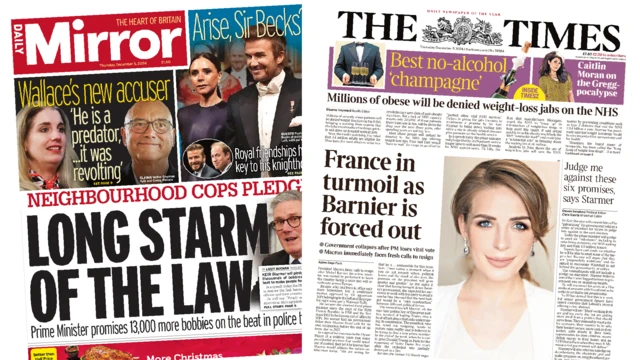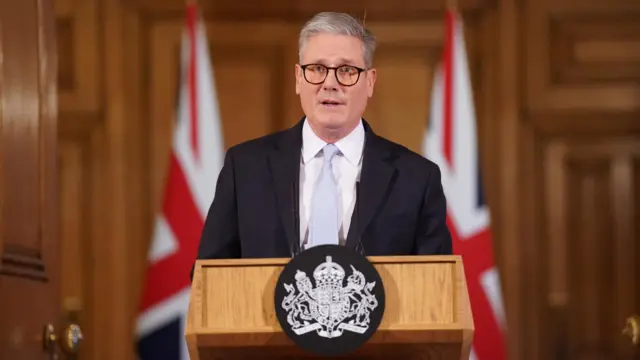Will there be cuts to police?published at 08:30 GMT 5 December 2024
It's put to Cooper - who's speaking from a police station in Slough - that there are huge cuts coming down the line for police, as Met Commissioner Sir Mark Rowley has previously suggested.
Cooper says there are "tight pressures", but says the government is going to increase overall investment in policing.
She says there will "efficiencies and improvements [needed] within policing" - but additional money is being given.
Cooper adds that next year's funding for the Met would be revealed just before Christmas "in the normal way", and acknowledged different forces face their own pressures, for example large protests for the Met.
